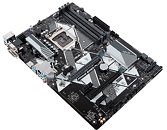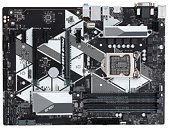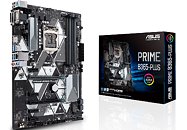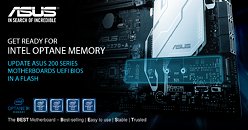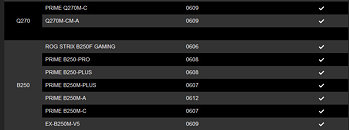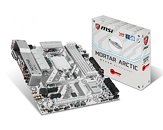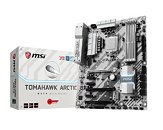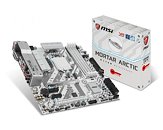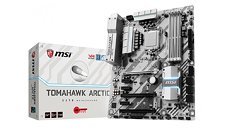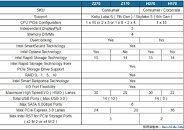
ASUS Rolls Out BIOS Updates for Windows 11 Support on Kaby Lake, Skylake
ASUS has begun rolling out BIOS updates that add motherboard support for Windows 11 even for processor families that Microsoft said would be left out of their latest Windows OS. Ever since the introduction of Windows 11, the message around specific hardware requirements has been difficult to pinpoint, as the company struggles to send a clear message on exactly which users should be looking to update their hardware - and which should not. ASUS' new BIOS updates will certainly add to the stirring pot, as they are being touted to enable Windows 11 support for Intel CPU families that Microsoft doesn't officially (yet) support for the OS release: Skylake (6th Gen) and Kaby Lake (7th Gen). According to Microsoft, only 8th Gen (Coffee Lake) and later Intel CPUs are supported by Windows 11.
The new BIOS updates typically activate TPM on the users' machine, should it be off at the BIOS level. ASUS has already released beta BIOS versions that introduce support for Windows 11 on Z270, H270 and B250 motherboards, and launched a hub page with compatibility status for a number of its motherboard releases. According to the company in the respective motherboard support pages, "The following motherboards are compatible with Windows 11 under current testing. The upgrability [sic] is subject to the support from operation system or 3rd party drivers availability." Which of course means that even if ASUS has gotten preview versions of Windows 11 to run on systems with this hardware, there's no way to know if the final, retail Windows 11 version will actually offer support for these CPUs. Of course, driver compatibility is also in question, since nothing guarantees Windows 11 to competently manage your hardware on the basis of Windows 10-bound driver packages.
The new BIOS updates typically activate TPM on the users' machine, should it be off at the BIOS level. ASUS has already released beta BIOS versions that introduce support for Windows 11 on Z270, H270 and B250 motherboards, and launched a hub page with compatibility status for a number of its motherboard releases. According to the company in the respective motherboard support pages, "The following motherboards are compatible with Windows 11 under current testing. The upgrability [sic] is subject to the support from operation system or 3rd party drivers availability." Which of course means that even if ASUS has gotten preview versions of Windows 11 to run on systems with this hardware, there's no way to know if the final, retail Windows 11 version will actually offer support for these CPUs. Of course, driver compatibility is also in question, since nothing guarantees Windows 11 to competently manage your hardware on the basis of Windows 10-bound driver packages.


